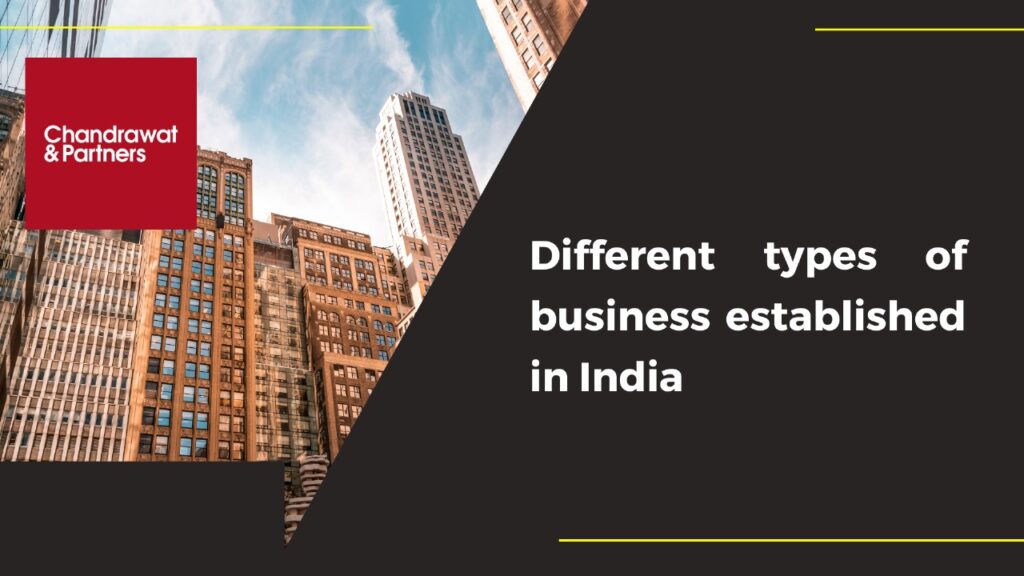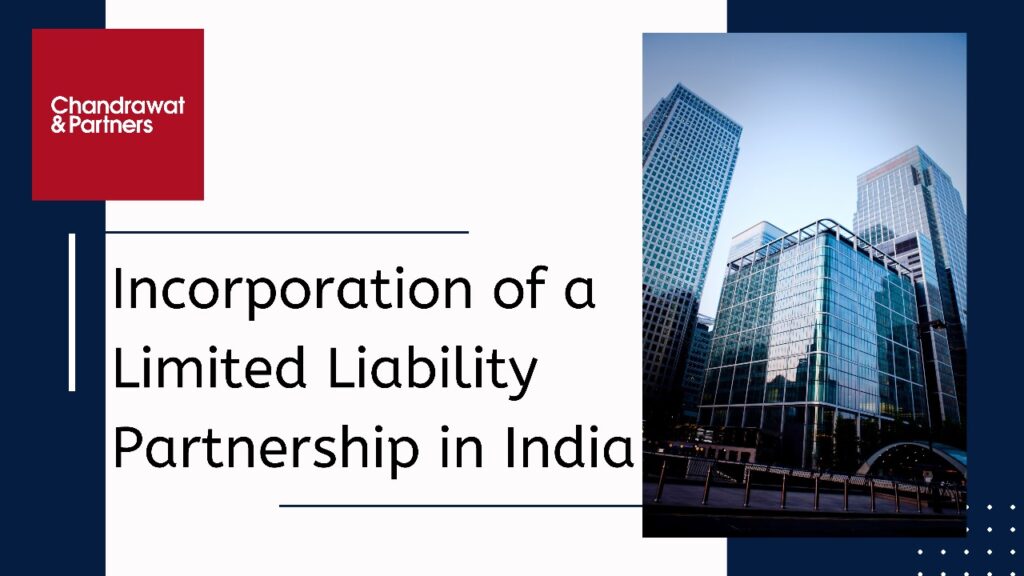India
We have a team of professionals to help you with all your business needs. So, that you can focus on business expansion in India.
Please feel free to email us on
WHY INDIA?
India is one of the oldest civilizations in the world with a kaleidoscopic variety and rich cultural heritage. It has achieved all-round socio-economic progress since Independence. As the 7th largest country in the world, India stands apart from the rest of Asia, marked off by mountains and the sea, which gives the country a distinct geographical entity. Bounded by the Great Himalayas in the north, it stretches southwards at the Tropic of Cancer, tapers off into the Indian Ocean between the Bay of Bengal on the east and the Arabian Sea on the west.

ADVANTAGES
India is the 7th largest country in the world stands apart from the rest of Asia and is suitable for foreign investors. Doing business in India can have the following benefits:
Investment Opportunities
- 100% FDI allowed in exploration activities of oil and natural gas fields under automatic route.
- 49% FDI allowed in petroleum refining by the Public Sector Undertakings (PSU), without any disinvestment or dilution of domestic equity in the existing PSUs under automatic route.
- India is the 2nd largest consumer of Biogas with 5000 CBG plants to be opened by 2023 under the SATAT scheme.
- India is the fourth-largest auto market with about 3.99 million units sold in the categories of passenger and commercial vehicles.
Government Initiatives
The Indian Government promoting foreign investment in the automobile sector has permitted 100% foreign direct investment under the automatic route. Some recent government initiatives with Annual Budget 2021:
- Voluntary Vehicle Scrappage Policy;
- Promoting public transport;
- 100% tax exemption for investment in Indian infrastructure projects and Infrastructure Allocation;
- INR 15,700 crore has been allocated to support startup and MSME sector.
Free Trade Agreement (FTA)
India has signed a free trade agreement with various countries, which promotes trade without barriers.
- It is promoted by institutions, such as; World Trade Organization (WTO).
- It reduces barriers to imports and exports between countries.
- It allows goods and services to be bought and sold across international borders with little or no government quotas, tariffs, subsidies, or prohibitions to hinder their exchange.
Foreign Trade Policy
- India’s Foreign Trade Policy (FTP) delivers the basic context of policy and strategy for encouraging exports and trade.
- It is reviewed periodically to adapt to the changing international and domestic scenario.
Digital competitiveness
India has become a powerhouse in terms of technology innovation. Emerging as the hub for digital skills. High-tech companies in sectors such as telecommunications, information technology, pharmaceuticals, textiles, and engineering are equal in their sophistication and prominence to international counterparts.
Add Your Heading Text Here
SIMPLE TAX REGIME
Taxation in India can be classified into direct and indirect taxes. Direct taxes are levied on taxable income earned by individuals and corporate entities which is deposited by the assesses themselves. While indirect taxes are levied on the sale and provision of goods and services respectively and the burden is on the seller to collect and deposit taxes.
Taxes are separately levied by the central government and the state governments. Some minor taxes are also levied by the local authorities such as municipality.

Add Your Heading Text Here
Major Central Taxes
- Income Tax,
- Central Goods & Services Tax (CGST),
- Customs Duty, and
- Integrated Goods & Services Tax (IGST).
Major State Taxes
- State Goods & Services Tax (SGST), and
- Stamp Duty & Registration.
Direct Taxes
Income Tax
The tax that gets levied on the annual income or the profits of an individual or an entity is Income Tax. Therefore, the Indian tax system recognizes both salaried and self-employed individuals who are earning an income, to be liable to pay income tax. Taxpayers in India, for the purpose of income tax include:
- individuals, Hindu Undivided Family (HUF), Association of Persons (AOP) and Body of Individuals (BOI),
- firms, and
- companies.
Indirect Taxes
Goods and Services Tax
Goods and Services Tax (GST) is a consumption tax imposed on services and goods supply and has completely replaced almost all the indirect taxes in India. The Indian tax system stipulates that every stage of the goods production process and value added services is under the obligation to pay GST.
ARGENTINA COMPANIES
The company formation in India is governed by the Companies Act, 2013. Following types of business organizations are available in India:
Public Limited Company
A limited liability company or a public company is a type of limited liability company that provides its shares to the general public. A public limited company must have at least fifty (50) shareholders. The limited liability company is primarily in the stock exchange.

Private Limited Company (Pvt. Ltd.)
In a private limited company, the shares are held by less than fifty people. These shares are not available to the general public. Many businesses are privately owned by private limited companies.
Limited Liability Partnership (LLP)
It is a well-organized business model wherein business assets are separate from the personal assets of partners. In case of loss, the partners’ personal assets are not risked as the maximum liability of all partners is determined by the capital contributed by them to the business.

Partnership
In partnership, the partners agree to work together to advance their mutual interests. Partners in partnerships can be individuals, businesses, interest-based organizations, schools, governments, or combinations.
Sole Proprietorship
It is a business owned by a single person, the founder is solely responsible for the entire business and the owner is not separate from each other.
One Person Company (OPC)

A company owned by a single owner who is also the shareholder and director. OPC was introduced in the Companies Act, 2013.
Section 8 Company
A company, when registered as a Non-Profit Organization (NPO) i.e. when it has the motive of promoting arts, commerce, education, charity, protection of the environment, sports, science, research, social welfare, religion and intends to use its profits (if any) or other income for promoting these objectives called as section 8 company.
Liaison Office
A liaison office may be established with the approval of the Indian government. The role of the Liaison Office is limited to data collection, import promotion, and facilitation of technical/financial interactions. The Liaison Officer cannot perform any commercial activity directly or indirectly.
Project Office
An external company planning to undertake specific projects in India can establish temporary offices/site offices in India to perform tasks related only to that project is called a project office.
Branch Office
The branch office is involved in the activities such as; exporting/importing, providing professional or consulting services, doing research work, to promote technical or financial cooperation between Indian companies and a parent or foreign parent company.
RELATED BLOGS











Bounded by the Great Himalayas in the north, it stretches southwards at the Tropic of Cancer, tapers off into the Indian Ocean between the Bay of Bengal on the east and the Arabian Sea on the west.

Author: Chandrawat & Partners
Topic: Doing Business in India
Contact Us
Get in touch with the right people to get the right help in setting up your business in India.
OUR OFFICE
MUMBAI
311, 3/F, Tulsiani Chambers, Free Press Journal Marg, Nariman Point, Mumbai, Maharashtra, India, 400021
DELHI
Room 8A, Sagar Apartment, Tilak Marg, New Delhi, Delhi, 110001 India
GURUGRAM
C – 1404, Palam Vihar Gurugram Delhi NCR Haryana, India
INDORE
7/F., Royal Ratan Building Mahatma Gandhi Road, High Court Indore Madhya Pradesh, India
KOLKATA
3B Camac Street, 804 Manasarowar Building, Kolkata – 700016
We have a team of professionals to help you with all your business needs. So, that you can focus on business expansion in India.
Please feel free to email us on [email protected]
India
why india?
India is one of the oldest civilizations in the world with a kaleidoscopic variety and rich cultural heritage. It has achieved all-round socio-economic progress since Independence. As the 7th largest country in the world, India stands apart from the rest of Asia, marked off by mountains and the sea, which gives the country a distinct geographical entity. Bounded by the Great Himalayas in the north, it stretches southwards at the Tropic of Cancer, tapers off into the Indian Ocean between the Bay of Bengal on the east and the Arabian Sea on the west.
Advantages
India is the 7th largest country in the world stands apart from the rest of Asia and is suitable for foreign investors. Doing business in India can have the following benefits:
Investment Opportunities
- 100% FDI allowed in exploration activities of oil and natural gas fields under automatic route.
- 49% FDI allowed in petroleum refining by the Public Sector Undertakings (PSU), without any disinvestment or dilution of domestic equity in the existing PSUs under automatic route.
- India is the 2nd largest consumer of Biogas with 5000 CBG plants to be opened by 2023 under the SATAT scheme.
- India is the fourth-largest auto market with about 3.99 million units sold in the categories of passenger and commercial vehicles.
Government Initiatives
The Indian Government promoting foreign investment in the automobile sector has permitted 100% foreign direct investment under the automatic route. Some recent government initiatives with Annual Budget 2021:
- Voluntary Vehicle Scrappage Policy;
- Promoting public transport;
- 100% tax exemption for investment in Indian infrastructure projects and Infrastructure Allocation;
- INR 15,700 crore has been allocated to support startup and MSME sector.
Free Trade Agreement (FTA)
India has signed a free trade agreement with various countries, which promotes trade without barriers.
- It is promoted by institutions, such as; World Trade Organization (WTO).
- It reduces barriers to imports and exports between countries.
- It allows goods and services to be bought and sold across international borders with little or no government quotas, tariffs, subsidies, or prohibitions to hinder their exchange.
Foreign Trade Policy
- India’s Foreign Trade Policy (FTP) delivers the basic context of policy and strategy for encouraging exports and trade.
- It is reviewed periodically to adapt to the changing international and domestic scenario.
Digital competitiveness
India has become a powerhouse in terms of technology innovation. Emerging as the hub for digital skills. High-tech companies in sectors such as telecommunications, information technology, pharmaceuticals, textiles, and engineering are equal in their sophistication and prominence to international counterparts.
Simple Tax Regime
Taxation in India can be classified into direct and indirect taxes. Direct taxes are levied on taxable income earned by individuals and corporate entities which is deposited by the assesses themselves. While indirect taxes are levied on the sale and provision of goods and services respectively and the burden is on the seller to collect and deposit taxes.
Taxes are separately levied by the central government and the state governments. Some minor taxes are also levied by the local authorities such as municipality.
Major Central Taxes
- Income Tax,
- Central Goods & Services Tax (CGST),
- Customs Duty, and
- Integrated Goods & Services Tax (IGST).
Major State Taxes
- State Goods & Services Tax (SGST), and
- Stamp Duty & Registration.
Direct Taxes
Income Tax
The tax that gets levied on the annual income or the profits of an individual or an entity is Income Tax. Therefore, the Indian tax system recognizes both salaried and self-employed individuals who are earning an income, to be liable to pay income tax. Taxpayers in India, for the purpose of income tax include:
- individuals, Hindu Undivided Family (HUF), Association of Persons (AOP) and Body of Individuals (BOI),
- firms, and
- companies.
Indirect Taxes
Goods and Services Tax
Goods and Services Tax (GST) is a consumption tax imposed on services and goods supply and has completely replaced almost all the indirect taxes in India. The Indian tax system stipulates that every stage of the goods production process and value added services is under the obligation to pay GST.
Indian Companies
The company formation in India is governed by the Companies Act, 2013. Following types of business organizations are available in India:
Public Limited Company
A limited liability company or a public company is a type of limited liability company that provides its shares to the general public. A public limited company must have at least fifty (50) shareholders. The limited liability company is primarily in the stock exchange.
Private Limited Company (Pvt. Ltd.)
In a private limited company, the shares are held by less than fifty people. These shares are not available to the general public. Many businesses are privately owned by private limited companies.
Limited Liability Partnership (LLP)
It is a well-organized business model wherein business assets are separate from the personal assets of partners. In case of loss, the partners’ personal assets are not risked as the maximum liability of all partners is determined by the capital contributed by them to the business.
Partnership
In partnership, the partners agree to work together to advance their mutual interests. Partners in partnerships can be individuals, businesses, interest-based organizations, schools, governments, or combinations.
Sole Proprietorship
It is a business owned by a single person, the founder is solely responsible for the entire business and the owner is not separate from each other.
One Person Company (OPC)
A company owned by a single owner who is also the shareholder and director. OPC was introduced in the Companies Act, 2013.
Section 8 Company
A company, when registered as a Non-Profit Organization (NPO) i.e. when it has the motive of promoting arts, commerce, education, charity, protection of the environment, sports, science, research, social welfare, religion and intends to use its profits (if any) or other income for promoting these objectives called as section 8 company.
Liaison Office
A liaison office may be established with the approval of the Indian government. The role of the Liaison Office is limited to data collection, import promotion, and facilitation of technical/financial interactions. The Liaison Officer cannot perform any commercial activity directly or indirectly.
Project Office
An external company planning to undertake specific projects in India can establish temporary offices/site offices in India to perform tasks related only to that project is called a project office.
Branch Office
The branch office is involved in the activities such as; exporting/importing, providing professional or consulting services, doing research work, to promote technical or financial cooperation between Indian companies and a parent or foreign parent company.
related blog
Bounded by the Great Himalayas in the north, it stretches southwards at the Tropic of Cancer, tapers off into the Indian Ocean between the Bay of Bengal on the east and the Arabian Sea on the west.
Author: Chandrawat & Partners
Topic: Doing Business in India
Download our comprehensive guide on – Doing Business in India
Our Office
Mumbai
311, 3/F, Tulsiani Chambers,
Free Press Journal Marg,
Nariman Point,
Mumbai, Maharashtra,
India, 400021
Delhi
Room 8A, Sagar Apartment,
Tilak Marg,
New Delhi,
Delhi, 110001
India
Gurugram
C – 1404, Palam Vihar
Gurugram Delhi NCR
Haryana, India
Indore
7/F., Royal Ratan Building
Mahatma Gandhi Road, High Court Indore
Madhya Pradesh, India
Kolkata
3B Camac Street,
804 Manasarowar Building,
Kolkata – 700016












